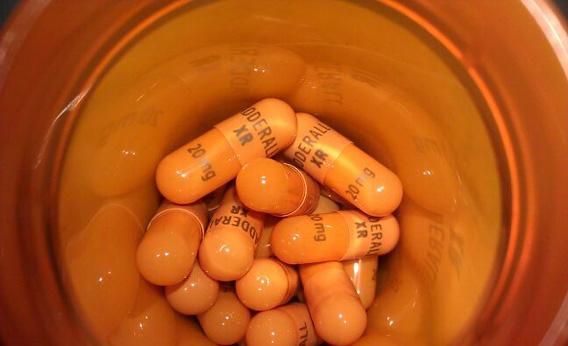How is Methamphetamine Addiction Treated?
Methamphetamine is one of the most dangerous abusive drugs available, and many individuals who use it become addicted to its effects. According to the National Institute on Drug Abuse, “Long-term methamphetamine abuse has many negative consequences,” and it is the job of addiction treatment programs to help remedy these issues as best they can. However, this can take a very long time, and the consequences of methamphetamine addiction can linger for months or even years if they become extremely addicted.
Pharmacological Methods for Methamphetamine Addiction Treatment
The NIDA states, “Although medications have proven effective in treating some substance use disorders, there are currently no medications that counteract the specific effects of methamphetamine or that prolong abstinence from and reduce the abuse of methamphetamine by an individual addicted to the drug.” Although there are currently no pharmacological methods for this issue, there are some in the works, including a vaccine that would specifically treat methamphetamine addiction.

Behavioral therapy teaches recovering methamphetamine addicts coping skills to deal with their cravings and triggers.
Still, some medications may be necessary early on in the individual’s withdrawal syndrome or even late in their treatment. For example, a person might be given neuroleptics in order to control “stimulant-induced psychosis or delirium,” according to the US Department of Veteran Affairs. They may also receive antidepressants late in their withdrawal period to treat depressive symptoms. Anticraving agents are usual given early on to minimize the severe cravings associated with stimulant addiction. Though these medications do not specifically treat methamphetamine addiction itself, they can be very helpful in managing the symptoms of withdrawal and other issues associated with methamphetamine abuse in order to give the individual a better chance at recovery.
Therapeutic Methods for Methamphetamine Addiction Treatment
Behavioral therapy is considered the main option for individuals suffering from stimulant addiction, especially because there are no officially approved medications for the treatment of this issue. Behavioral therapies, though, can help individuals immensely to change their beliefs about the drugs they abuse and to teach them better coping skills for the future.
Some of the most effective behavioral therapies used to treat methamphetamine addiction are:
- The Matrix Model is a “16-week comprehensive behavioral treatment approach that combines behavioral therapy, family education, individual counseling, 12-step support, drug testing, and encouragement for non-drug-related activities” (NIDA 2). This has been proven to be very effective for treating methamphetamine abuse and also allows the patient to create a comfortable and positive relationship with their counselor.
- Contingency management is a treatment option where patients receive rewards or vouchers for staying sober. They are drug tested and then given their reward each time they prove they have not taken the drug.
- Cognitive behavioral therapy explores the reasons behind a person’s drug abuse, as well as teaches the individual ways to recognize cravings and triggers while asking them how they can better respond to these issues in the future.
Seek Addiction Treatment for Methamphetamine Now
With a combination of many of the methods mentioned above, you can begin to make a change to your life and stop abusing methamphetamine. Call 800-605-6597 Who Answers? today to find treatment centers in your area and to learn more about methamphetamine addiction and rehab.



